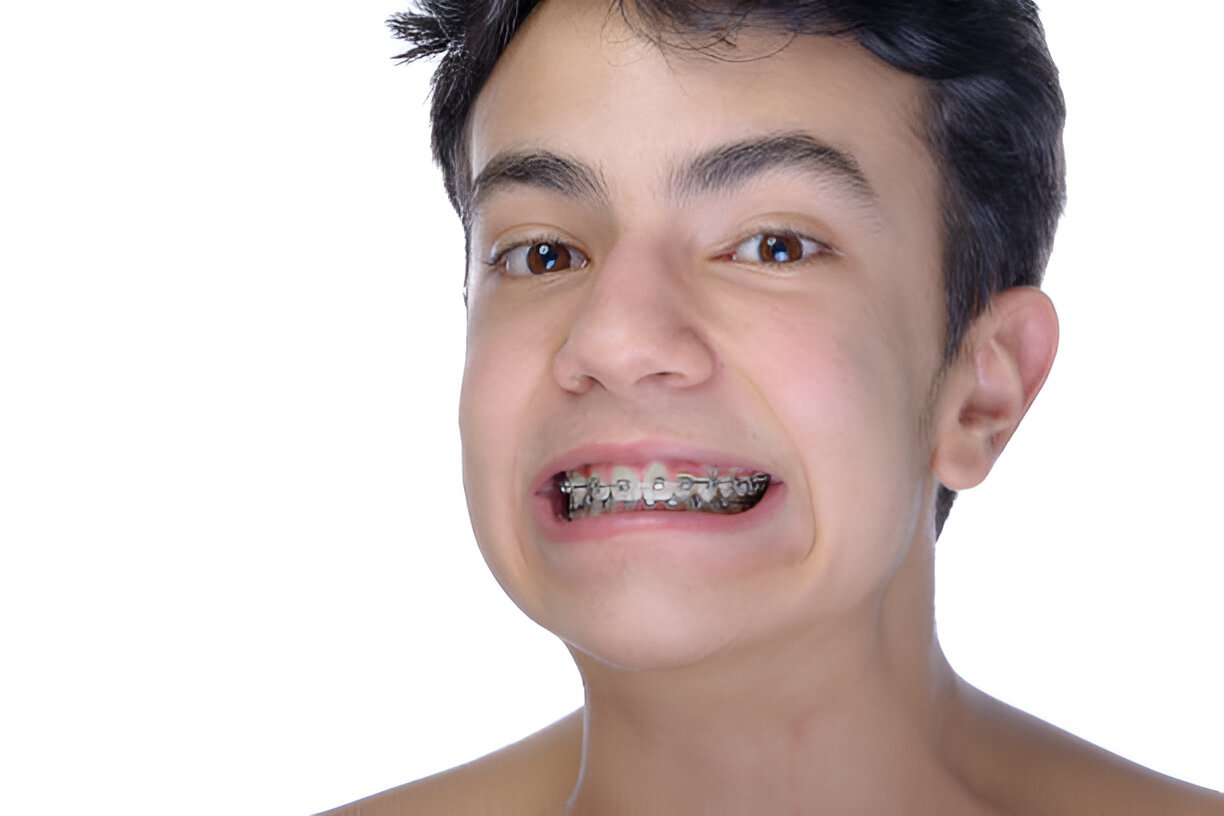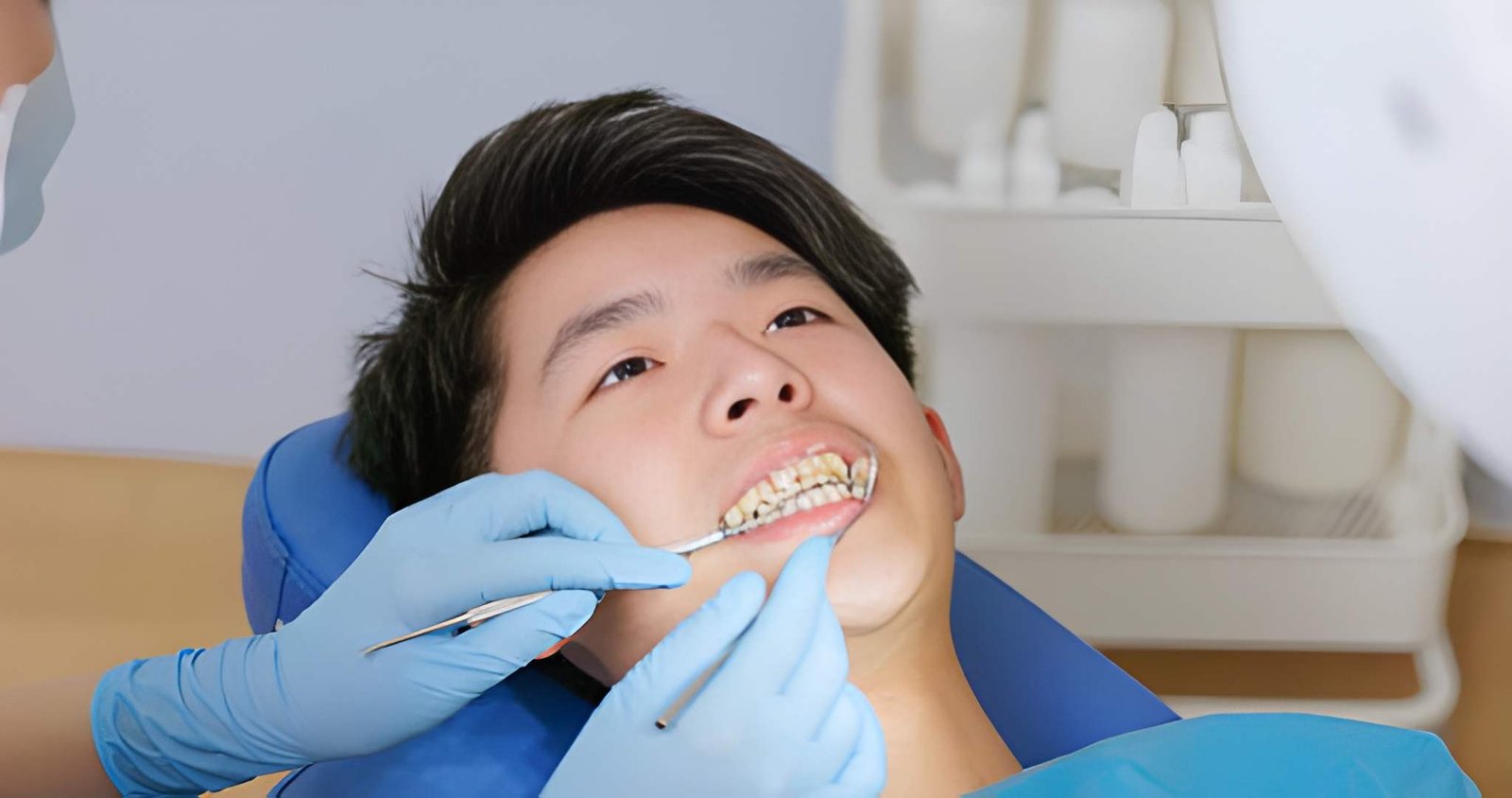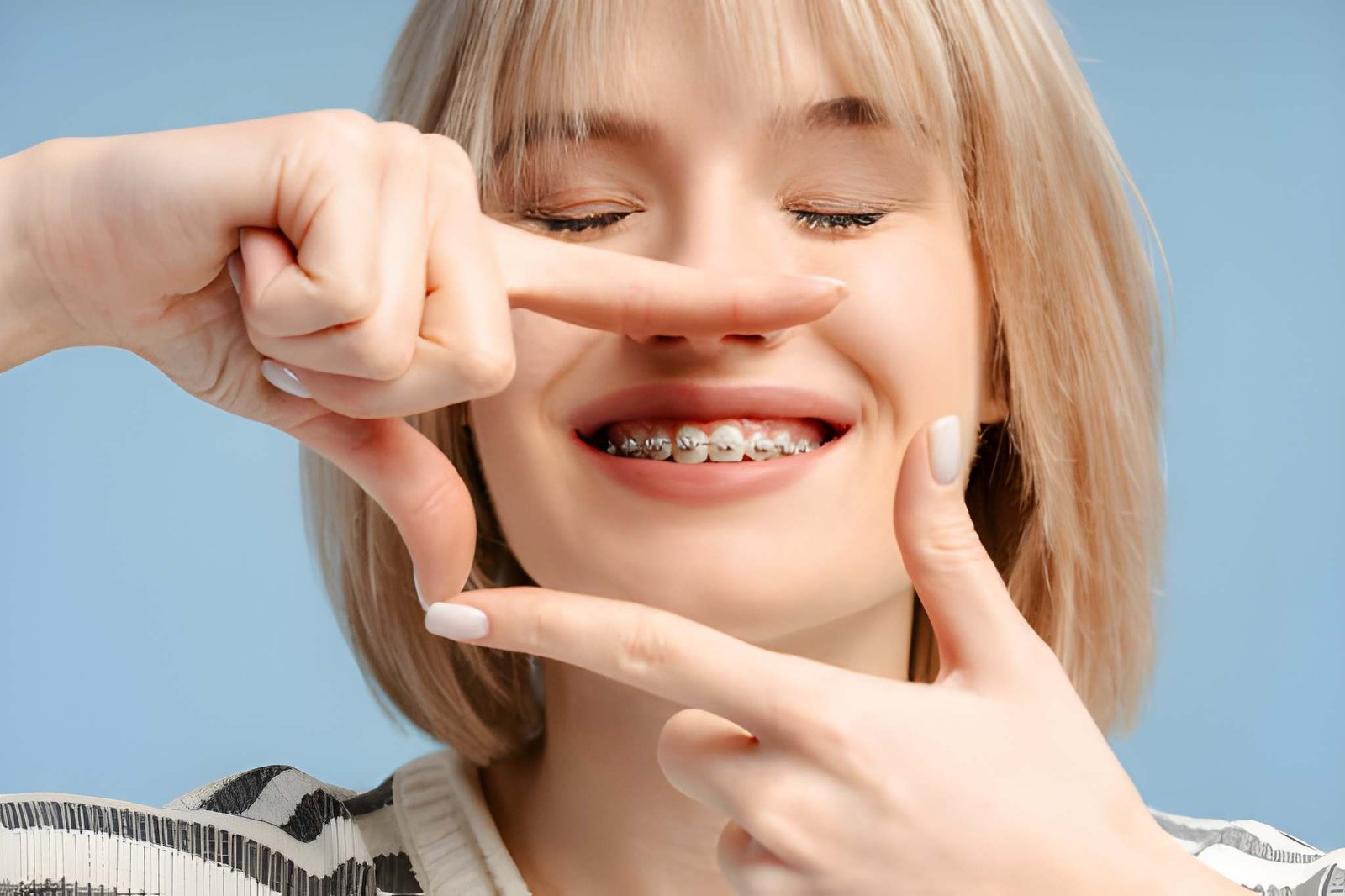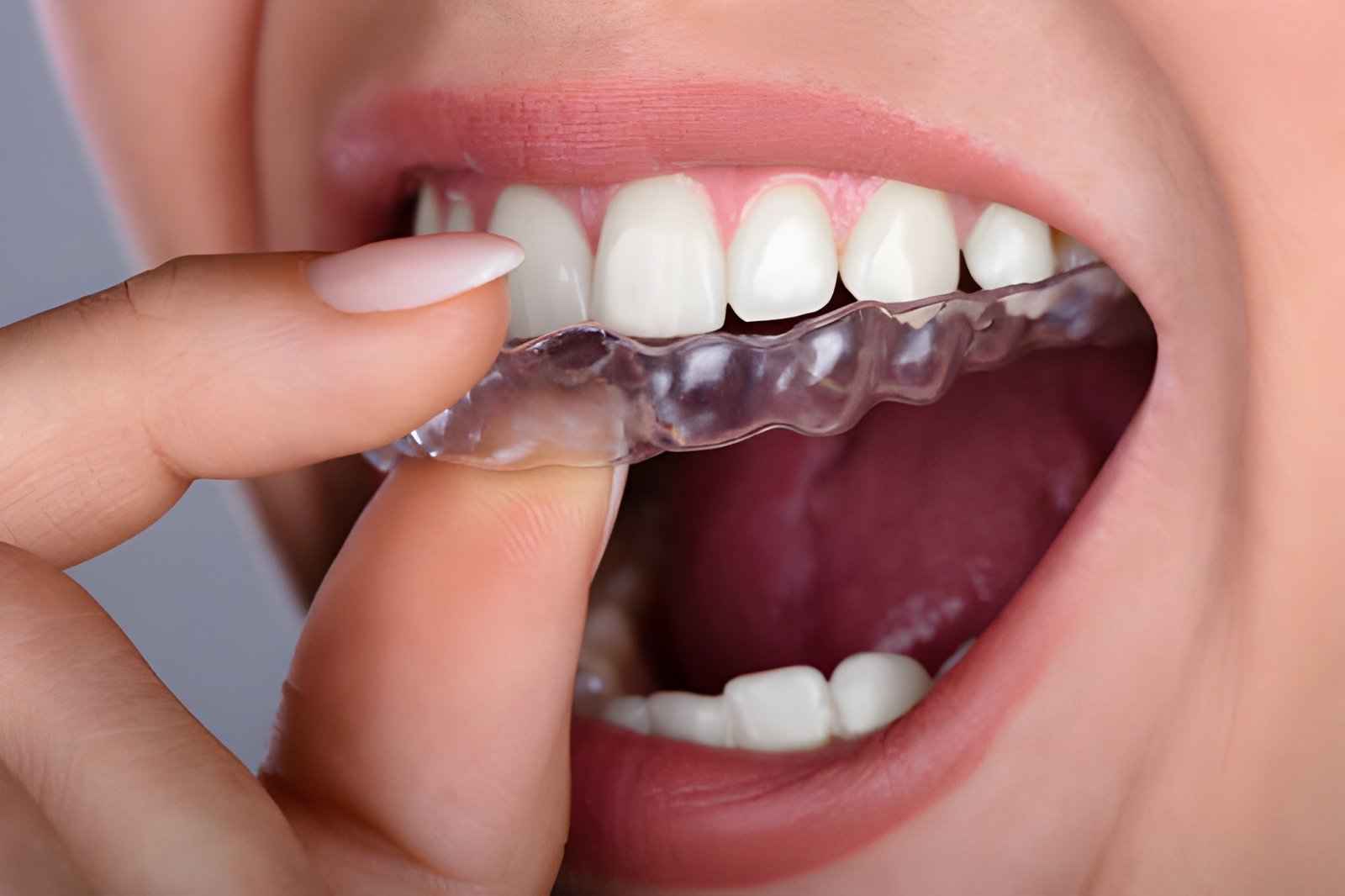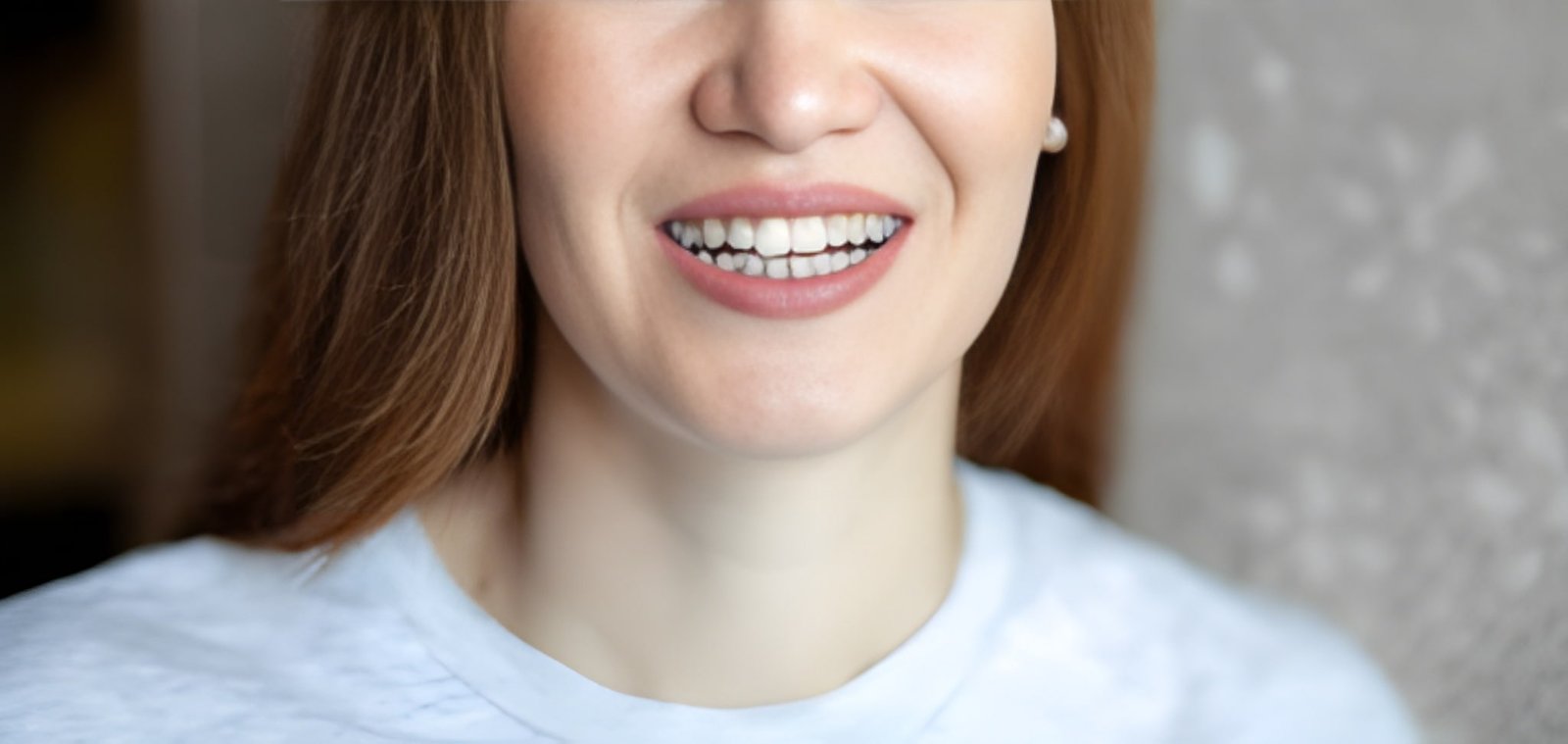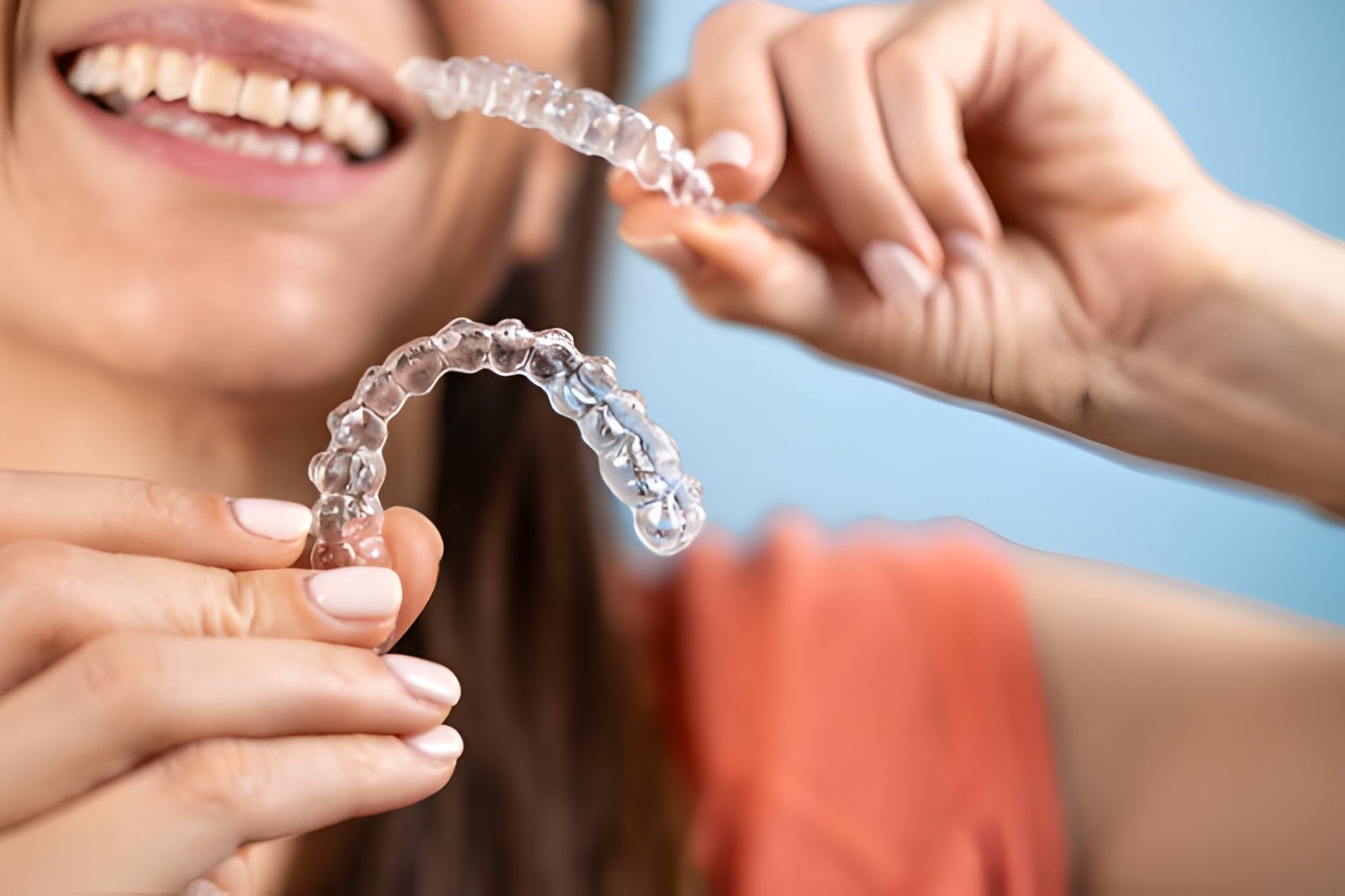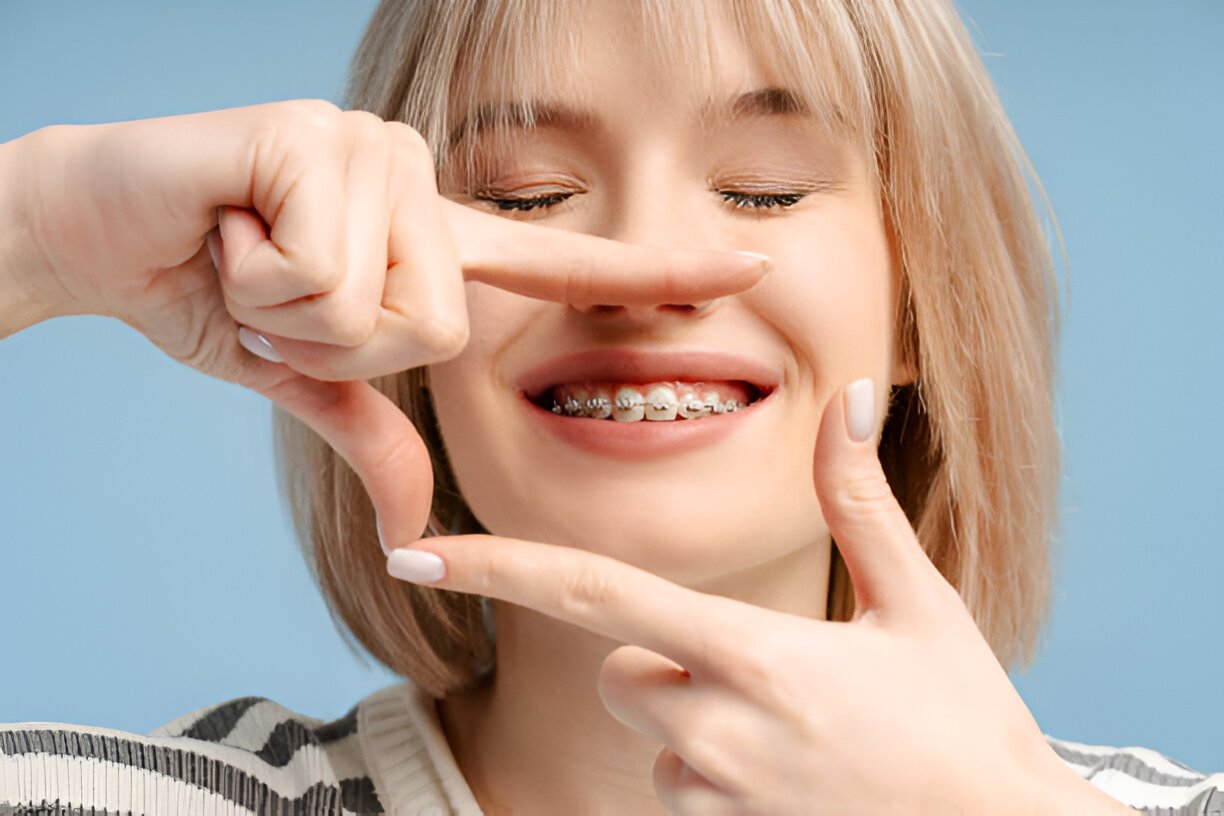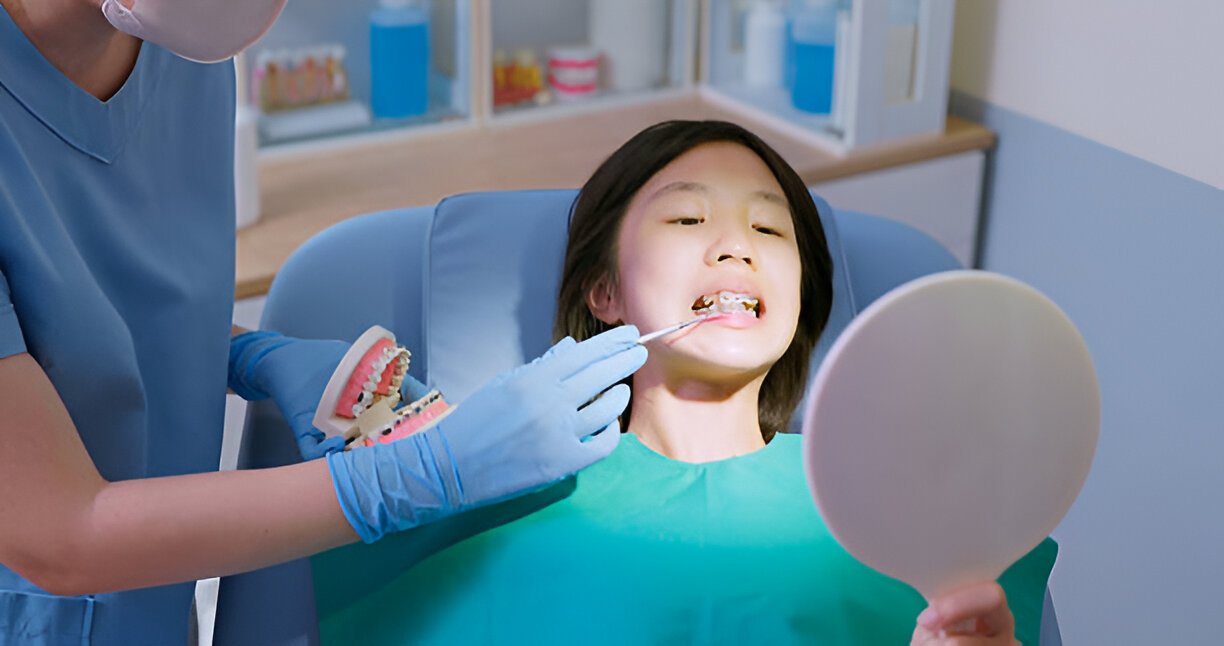Braces help straighten your teeth. They also fix how your bite works. Many people wear braces to improve their smile. But some ask, “Do braces weaken teeth?” It’s a fair question. After all, your teeth feel different once the braces go on. The good news is braces do not weaken your teeth. In fact, they help them work better in the long run. Let’s explore how.
Why Do Teeth Feel Loose with Braces?
When braces start working, your teeth may feel a bit wobbly. This is normal. The pressure from braces moves your teeth into better positions. Your teeth sit in bone, not fixed like nails in wood. The bone around them is soft enough to change. So, when braces push, the bone shifts. This allows your teeth to move. This process is called bone remodelling. You may feel your teeth loosen slightly at first. But don’t worry. This does not mean they’re weak. It means they’re moving as they should.
How Many Teeth Do You Need for Braces?
What About Tooth Enamel?
Enamel is the hard outer layer of your teeth. Braces themselves don’t harm enamel. But if you don’t clean your teeth well, food and plaque can build up. This may cause white spots or decay. That’s why brushing and flossing are very important when wearing braces. Try brushing after every meal. You can also use special flossers or a water flosser. And don’t forget regular dental check-ups. Brushing properly helps keep enamel strong. Braces don’t damage enamel unless oral care is poor.
Do Braces Cause Long-Term Damage?
No, braces do not cause long-term damage to teeth. When done by a professional and followed with proper care, braces are safe. After treatment, you’ll likely wear a retainer. This holds your teeth in their new places. Skipping the retainer can lead to shifting, but not weakening. Also, the movement during treatment is planned and slow. That means teeth stay healthy as they move. There’s no long-term harm if you follow advice and care properly.
What About the Roots of My Teeth?
Some people wonder if braces hurt the tooth roots. The roots help anchor the teeth into the bone. During braces treatment, the roots also move. This is expected. Sometimes, a small part of a root may shorten. This is called root resorption. It sounds scary, but it’s usually not a problem. Most cases are mild and have no effect on tooth health. Your orthodontist keeps track of root health with X-rays. If needed, they’ll adjust the treatment plan to protect your teeth.
What Foods to Eat and Avoid with Braces?
How to Keep Teeth Strong During Braces
There’s a lot you can do to protect your teeth while wearing braces. Here are some easy tips:
- Brush at least twice a day, or after every meal
- Use fluoride toothpaste to strengthen enamel
- Avoid sticky or hard foods that can damage braces
- Use floss or interdental brushes daily
- Drink plenty of water and cut down on fizzy drinks
- Visit your dentist and orthodontist regularly
These habits keep your teeth clean and your braces working well. Strong hygiene means strong teeth—even with braces.
What If a Tooth Feels Too Loose?
Some looseness is part of the process. But if a tooth feels very wobbly or painful, tell your orthodontist. They’ll check if everything is going well. Most of the time, there’s no reason to worry. But regular check-ups help catch any issues early.
Gum Health Matters Too
Healthy gums are key during braces. Braces can trap food near the gum line. This may cause swelling or bleeding if not cleaned well. Inflamed gums can affect how braces work. To avoid this, brush gently along the gum line and use mouthwash if needed. Healthy gums help teeth stay firm and strong.
Are Braces Painful?
Final Word: Do Braces Weaken Teeth?
In short—no, braces do not weaken teeth. They help move your teeth safely into better places. The feeling of looseness is part of the process. Braces do not damage enamel or roots when cared for properly. Good hygiene, regular visits, and following your orthodontist’s advice keep your teeth healthy. After treatment, retainers help you keep your new smile. So, don’t let myths scare you. With the top braces in Aberdeen, you can improve your dental health safely and confidently.
Start Your Journey to a Healthier Smile with Visage Orthodontics Aberdeen
If you’re considering braces but worried about the effects on your teeth, you’re not alone. At Visage Orthodontics Aberdeen, we guide you every step of the way—from consultation to treatment and aftercare. Our expert team ensures your smile becomes not only straighter but stronger. Book your consultation today and discover how braces can transform your dental health with care and confidence.
Do Braces Move Your Teeth Every Day?
Frequently Asked Questions
1. Can braces cause permanent damage to teeth?
No, braces do not cause permanent damage to teeth when fitted and managed properly. Any looseness or discomfort is part of the tooth movement process. With regular dental care and proper hygiene, your teeth will stay strong and healthy throughout the treatment and after it ends.
2. Why do my teeth feel wobbly with braces?
Your teeth may feel wobbly because braces gently shift them into better positions. This slight movement is normal and expected. It does not mean your teeth are weak or damaged. As your treatment progresses, your teeth will settle firmly into their new, correct places.
3. How do I stop enamel damage during braces?
Keep your teeth clean by brushing after every meal using fluoride toothpaste. Floss daily and avoid sugary or acidic foods. Regular check-ups with your dentist and orthodontist help spot any issues early. Good hygiene is the best way to protect your enamel during braces treatment.
4. Is it safe for children to get braces?
Yes, braces are safe for children and teenagers. In fact, early treatment can prevent bigger dental problems later on. An orthodontist will check if the child’s teeth and jaw are ready and guide the treatment to ensure safe, healthy movement of the teeth.
5. Can I still get cavities while wearing braces?
Yes, if oral hygiene is not maintained properly. Braces can trap food, which leads to plaque and cavities. To avoid this, brush and floss daily, use mouthwash, and limit sugary snacks. Visiting your dentist regularly will also help keep your teeth cavity-free during treatment.
